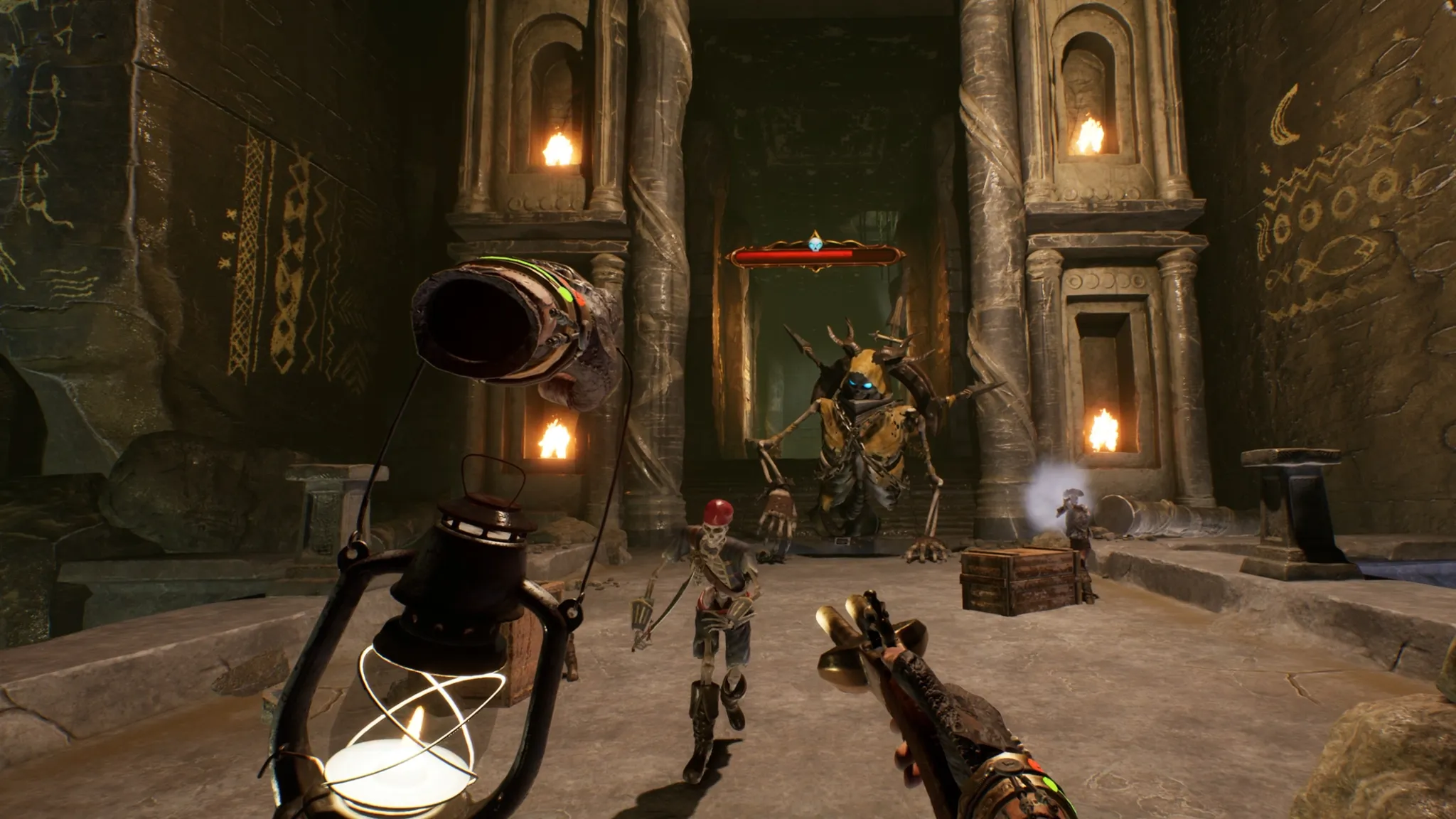
The heavily criticized American multinational chemical and agricultural biotechnology corporation Monsanto is pushing hard to restore its reputation after all the questionable businesses they have done over the last 100 years.
One question comes up with multiple protests against the company’s activity and products: do they deserve our trust?
Founded in 1901 by a self-educated U.S. chemist who brought the first artificial sweetener from Germany to the North American market. Monsanto became one of the four leading manufacturers of basic industrial chemicals in the 1940s.
Following global industry trends, the company has been always leading its corporate strategy towards higher market demands resulting in profitability and strong business relationships with the government.
1947 was marked as one of the major disasters in the chemical industry – a French cargo boat carrying ammonium nitrate fertilizer to the Monsanto plant, blew up at its dock in Texas, killing more than 500 people. In the late 1980s polystyrene that was produced mostly by Monsanto at that time, was listed as one of the ecologically hazardous chemicals by U.S. Environmental Protection Agency (EPA).
In the late 1940s many complaints from the staff working on the company’s West Virginia plant got public attention due to high dioxin contamination which resulted in severe health problems, including cancer.
Extremely toxic herbicides, including a dioxin called Agent Orange was sprayed over rainforest in Vietnam by the U.S. Army Chemical Corps. The Vietnamese government estimates about 400,000 people were killed or maimed; the next generation of kids were born with birth defects.
Trying to minimize their responsibility, Monsanto lead a series of studies denying the plant’s pollution and the company’s participation in the Ranch Hand operation during the Vietnam War.
In 1984 Monsanto paid more than $80 million as a main defendant in the lawsuit brought by war veterans suffering health disorders. Later on most of the veterans were complaining about the lawyers’ betrayal and their exclusion from other health state benefits.
The world’s central production of polychlorinated biphenyls (PCBs), widely used in electrical equipment industry was another Monsanto’s plant in Illinois. This chemical was banned in the U.S. in 1976 as a very toxic element that left a big ecological footprint. According to all studies, PCBs leave a high concentration of chemicals in the blood that causes immune system and reproductive abnormalities in wildlife including ocean life, animals and humans.
An incident at the Times Beach in 1982 took the lives of domestic animals and left several kids with brain dysfunction and other immune disorders, due to spraying the dirt roads with waste dioxin sludge instead of waste oil.
The Times Beach case reached the Reagan administration, but Monsanto claims they had no connection. During the same time period the company’s executives had a strong relationship with the EPA having regular lunch and dinner meetings with its representatives according to the Philadelphia Inquirer.
One of the new generation herbicides; Roundup, widely promoted as an environmentally friendly chemical spray for general usage to prevent growth of leaf seedlings and bushes was banned in Vermont being very toxic to fauna, flora and human health. Monsanto paid multiple fines for violation of health standards of its workers and many more penalties for unethical products’ promotion and company’s activity: $225,000 in 1998 for mislabeling Roundup containers, $108 million in 1986 for the leukemia death of a Texas employee, $1 million for a 200,000 gallon acid spill in 1991 in Massachusetts.
Transforming its business to get into more profitable food industry Monsanto invented biotechnology products, Roundup Ready soybeans and other crops and seeds which were insect-resistant.
Purchasing other seed companies, Monsanto is definitely eliminate competition to its monopoly: the giant owns 85 per cent of U.S. cotton seed market. Moreover, one of the biggest achievements was bringing onto the company’s board Mickey Kantor, the former U.S. secretary of commerce under the Clinton administration.
History proves that this biotechnological monster is getting everything in its basket: significant monopoly, millions of dollars spent on advertising campaigns all over the world, government support and labeling regulations.
It leaves a North American customer unaware if what they eat is genetically modified or not.
Total control of food and human’s health! This former Agent Orange producer is now feeding the world, leading an unethical and tyrannical business replacing the natural world with biotechnologies, leaving many people sick and local farmers bankrupt.
I fear the next fuel war will be fought over food, not oil.


